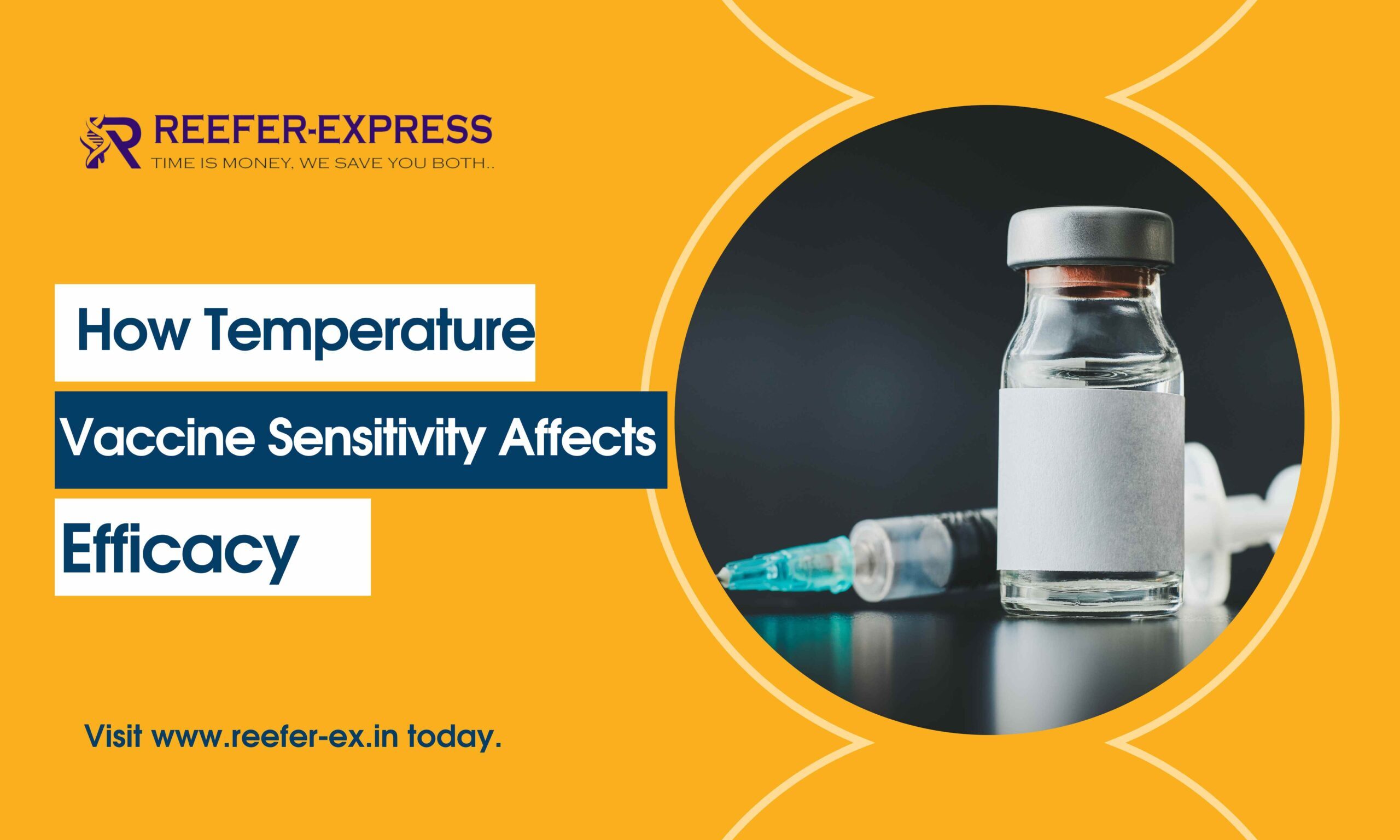Vaccines have always been our frontline warriors in the battle against diseases. They help protect us from harmful infections, and their effectiveness is crucial. But did you know that some vaccines are quite sensitive to heat? In this article, we’ll dive into the world of heat-sensitive vaccines and understand how temperature can affect their efficacy.
Understanding Vaccine Efficacy:
Vaccine: A vaccine is a medical product designed to stimulate an individual’s immune system, helping it recognize and fight specific diseases. It typically contains small, harmless pieces of the disease-causing microorganism or a weakened or inactivated version of the microorganism itself.
Efficacy: Efficacy refers to the ability of a vaccine to do what it’s supposed to do effectively. In the case of vaccines, it means how well the vaccine works in preventing or reducing the severity of a specific disease.
Now, let’s combine these two concepts:
Understanding Vaccine Efficacy: This phrase implies gaining knowledge about how well a vaccine performs its primary function, which is to protect individuals from a particular disease. To understand vaccine efficacy, we need to assess how effective a vaccine is in preventing the disease it’s designed to target.
Understanding vaccine efficacy involves a series of scientific studies and evaluations, including:
Clinical Trials: Before a vaccine is approved for widespread use, it goes through rigorous clinical trials. During these trials, volunteers are vaccinated, and their health is closely monitored over time. Researchers compare the infection rates and disease severity between those who received the vaccine and those who didn’t. This helps determine how effective the vaccine is under controlled conditions.
Real-World Data: Once a vaccine is approved and administered to the public, ongoing monitoring is essential. Researchers collect data on vaccine performance in real-world settings, where factors like individual behaviors, population immunity, and new variants may influence its effectiveness.
Duration of Protection: Understanding vaccine efficacy also involves studying how long the protection provided by the vaccine lasts. Some vaccines may offer lifelong immunity, while others may require booster shots to maintain protection.
Effectiveness Against Variants: With the emergence of new variants of diseases like COVID-19, researchers must assess how well-existing vaccines protect against these variations.
The Role of Temperature Sensitivity:
Now, let’s talk about the main star of our show: heat-sensitive vaccines, which are a bit picky about their surroundings, especially when it comes to temperature-controlled logistics. They can lose their power if they get too hot or too cold. Think of them as delicate superheroes; they work best when the conditions are just right.
Impact of Temperature Sensitivity on Vaccine Efficacy:
Imagine this – you’re given a vaccine that’s been sitting in a hot room for hours. The chances are it won’t work as well as it should. Temperature can mess with a vaccine’s effectiveness. It’s like trying to bake a cake at the wrong temperature; it just won’t turn out right. Heat-sensitive vaccines are a bit like ice cream – they need to stay cool to stay effective.
Challenges in Maintaining the Cold Chain:
To keep vaccines in tip-top shape, they need a cool environment. This is where the “cold chain” comes in – a network of temperature-controlled storage and transportation. But this isn’t always easy, especially in far-flung places and developing countries. Imagine trying to keep an ice cube from melting on a hot summer day; it’s a bit like that but on a much larger scale.
Innovations in Temperature-Sensitive Vaccine Handling:
Luckily, science doesn’t sit still. There are cool innovations (pun intended) that help us handle heat-sensitive vaccines better. Things like smart packaging that can keep the temperature just right and vaccines that can handle a little heat are making a difference. Imagine having a magic cooler that always keeps your drinks icy cold – it’s a bit like that, but for vaccines.
Strategies to Ensure Vaccine Efficacy:
For healthcare heroes and organizations, it’s essential to follow some rules to keep vaccines safe. Proper storage, handling, and transport are key. And, of course, training healthcare workers on how to do it right is vital. It’s a bit like a recipe; if you follow the instructions, you get a delicious meal, but if you mess up, it won’t taste as good.
Global Implications and Public Health:
This isn’t just about one person getting a vaccine – it’s about all of us. If vaccines lose their power due to heat, it can slow down vaccination campaigns and hurt our chances of achieving herd immunity. It’s like a team sport; we all need to play our part to win the game.
In Conclusion:
Heat-sensitive vaccines are like delicate flowers that need the right conditions to bloom. Temperature matters, and understanding its impact is crucial for our health and the health of our communities. So, the next time you get a vaccine, remember – it’s not just a shot in the arm; it’s a shield against disease, and we should treat it with care.






